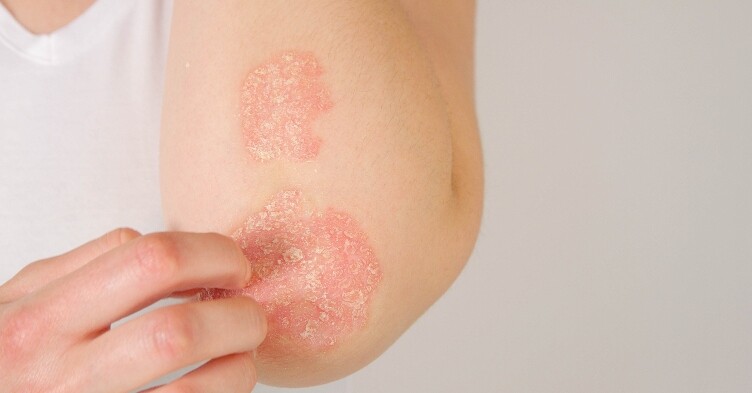The meaning of words in dermatology

Many of my friends, family and colleagues are currently going through the anxiety of watching their children prepare for exams. So I wondered and reflected on what this meant for me when I did mine a few years ago; when they were known as CSE (Certificate of Secondary Education) and O Levels. At that time I did the core subjects and ones I felt would prepare me for my nursing career. Languages were not on that list, and still to this day the ability to learn and speak a different language is not part of my skill set. Words however fascinate me, their meanings and where they originate.
Driving to work I often listen to Vanessa Feltz on BBC Radio 2 who sets the word of the day, giving the meaning and inviting listeners to make up a sentence based on the random words. To date I have not entered, but I could be tempted if a dermatology word was one of them. Dermatology words are fascinating and many describe what is seen clinically. So when assessing or caring for a dermatology patient consider what the words being used mean. Do you feel comfortable describing the skin using dermatology terminology? For many of us the skin and skin conditions are/were superficially covered in our training despite it being the largest organ. So I challenge you to look at this link and understand the terminology used: http://www.dermnetnz.org/terminology.html and consider what dermatology words mean. Below are a few examples relating to skin conditions. They are really interesting and aptly describe the skin condition/symptoms:
Related Article: Call for regulatory guidelines as NHS adopts AI in dermatology care
· Ichthyosis: from the Greek word meaning ‘fish’ describes a group of conditions in which the skin is dry and scaly.
· Eczema: from Greek ekzema, from ekzein ‘boil over, break out’, from ek- ‘out’ + zein ‘boil’
· Psoriasis: from Greek psōriasis, from psōrian ‘have an itch’, from psōra ‘itch’.
Related Article: Abdominal body fat is a higher risk for developing psoriasis
· Acne: from Greek aknas, a misreading of akmas, accusative plural of akmē ‘highest point, peak, or facial eruption’.
· Tinea: from the Latin meaning ‘worm’.
Related Article: CPD: Case by case – acute and emergency dermatology presentations
· Pityriasis: from Greek pituriasis ‘scurf’, from pituron ‘bran’.
We have come to rely on spell checkers and auto correction on phones and IT systems, which has the potential to make us lazy, and often these systems can change the meaning of what we are trying to say. So my final challenge to you is to look at words used in your area of practice, what do they mean and do they describe the anatomy, condition or symptoms your patient is presenting with?

See how our symptom tool can help you make better sense of patient presentations
Click here to search a symptom


Dermatology words are fascinating and many describe what is seen clinically. So when assessing or caring for a dermatology patient consider what the words being used mean



